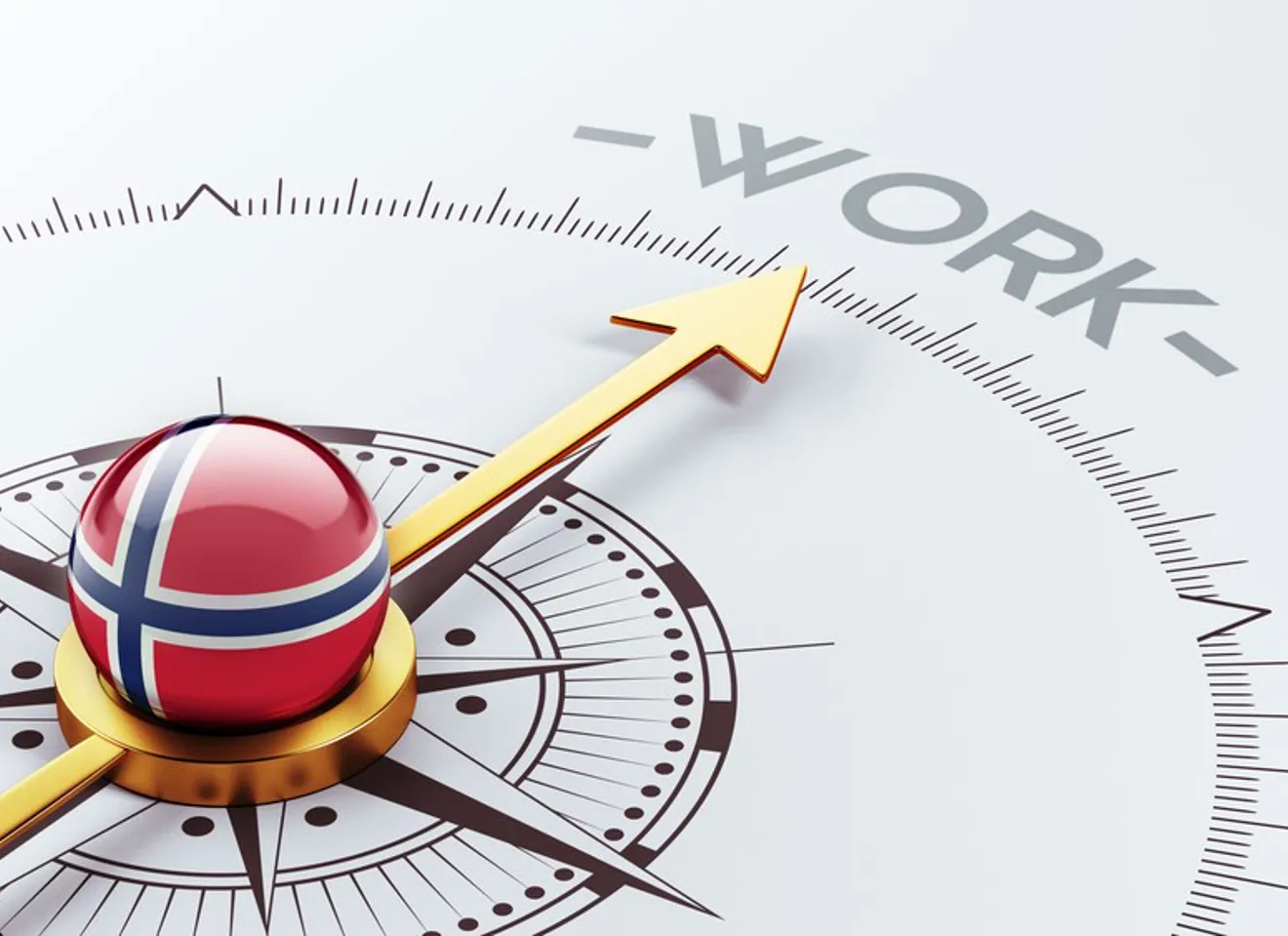
Working in Norway
The Norwegian Model: It Works
Why do so many people want to work in Norway? A high number of foreign nationals work in Norway; a high number of foreign nationals want to work in Norway. Having been a ‘permanent resident alien’ of the country for more than 20 years, I took a moment the other day to think about what …
Why do so many people want to work in Norway?
A high number of foreign nationals work in Norway; a high number of foreign nationals want to work in Norway. Having been a ‘permanent resident alien’ of the country for more than 20 years, I took a moment the other day to think about what working in this country has meant to me.
This was caused by my having come across an online article entitled, ‘After I Lived in Norway, America Felt Backward. Here’s Why.’ The subtitle is ‘A crash course in social democracy’. Author Ann Jones gives the reader a brief introduction to how the Norwegian welfare state came about during the second half of the twentieth-century.
She writes that ‘Thanks largely to the solidarity and savvy of organized labor and the political parties it backed, the long struggle produced a system that makes capitalism more or less cooperative, and then redistributes equitably the wealth it helps to produce.’
This point made me recall the time I first started learning about welfare state benefits connected with what came to be called ‘the Nordic Model’. It happened after I started working, discovering among other things that the flat structure allowed me to call my boss by her first name. Or if I lost my job, I’d get unemployment benefits for up to two years. Or if I had a baby, I’d get a year’s maternity leave and 80% of my salary during that time. Not a bad discovery.
Norwegian Nice?
What I quite happily didn’t know at the time was that it had taken a ‘long struggle’ at the country’s political level to put in place the goody bag of benefits I was now enjoying. I’d somehow formed the thought that all this had taken place because Norwegians were, quite simply, ‘nice’ people (to use a favorite Minnesota adjective). I assumed that they all were at heart good human beings who wanted to do good works for their fellow man/woman. So they had completely cooperated in noble solidarity to make sure that every worker in the country would be able to eat the generous fruits of Norwegian labor.
Human nature is human nature
But when I began bringing up my thoughts in conversations with the natives, my naïve confession made them laugh and shake their heads. What was up with that? I had to educate myself through reading up on my new country’s labor history. I started reading…
…eventually figuring out that I’d certainly formed some blissfully wrong ideas about Norway and its work culture. How could I have been so ignorant to the fact that humans, including nordmenn, have a natural tendency to covet what is theirs, including property and wealth? My eyes opened to the fact that the rights I enjoyed had been — at times bitterly — fought over for several years before I came along on the working scene.
Mixed American reactions
This same lack of knowledge has sometimes hit me full force when I tell people in my own country that I’ve worked for a Norwegian trade union. Even more interesting (or peculiar, depending on your viewpoint), these union members have to have a master’s degree in science or technology in order to join it.
Maybe I’ve once more been naive, assuming that because we all live in the Internet Age, Americans would be more enlightened about the Nordic Model. Not so – it seems that just saying the term ‘trade union’ triggers a variety of responses in people here, ranging from the mildly skeptical to strongly negative. Regarding the latter, it’s as if the term ‘union’ equals the idea of fractious workers rioting wildly in the streets and society free falling into anarchy. If I’m meeting someone for the first time and get a “Union? Seriously?’ reaction, the conversation usually stops there.
No big deal
Yet to be fair, lately I’ve more often gotten questions from other Yanks along the lines of ‘Really? How interesting – how does that work, that for example civil engineers can be in a union?’ So I tell them, in the process citing facts like 52% of Norway’s labor force is organized, it’s really no big deal to be a union member– no, management doesn’t see this as an imminent threat to their company’s profit margins, there aren’t constant strikes, the country hasn’t gone broke – on the contrary, worker productivity is high, etc. The conversation takes off from there and is usually an interesting one.
I’d like to think that the people I’ve spoken with, while not all having exactly accepted everything I’ve said, have at least gotten something new to think about regarding how ‘work works’ in countries other than their own.
The result has been that without exactly meaning to, through talking with people from the US, I’ve become an informal educator on the benefits of organized labor in a country where only 11% of the workforce has union membership.
Here’s why
They say that ignorance is bliss, and perhaps it is. And yet when my own eyes were opened to the fact that although people in Norway are just like people anywhere, they managed to bring amazing work-related benefits to their country’s labor force, I found myself admiring the result even more. (The system is, according to Jones, ‘not perfect, of course’. While this is a point that could and should be explored in more depth, it’s another topic for another day.)
So for us thousands of foreigners, working in Norway gives us a unique opportunity to be part of a labor force whose members belong to a working model in progress. Its basic framework is the result of a kind of hard labor of its own, one that strives to guarantee good employment conditions and good benefits for everyone. No wonder a high number of foreign nationals work in Norway, and a high number of foreign nationals want to work here, too.



